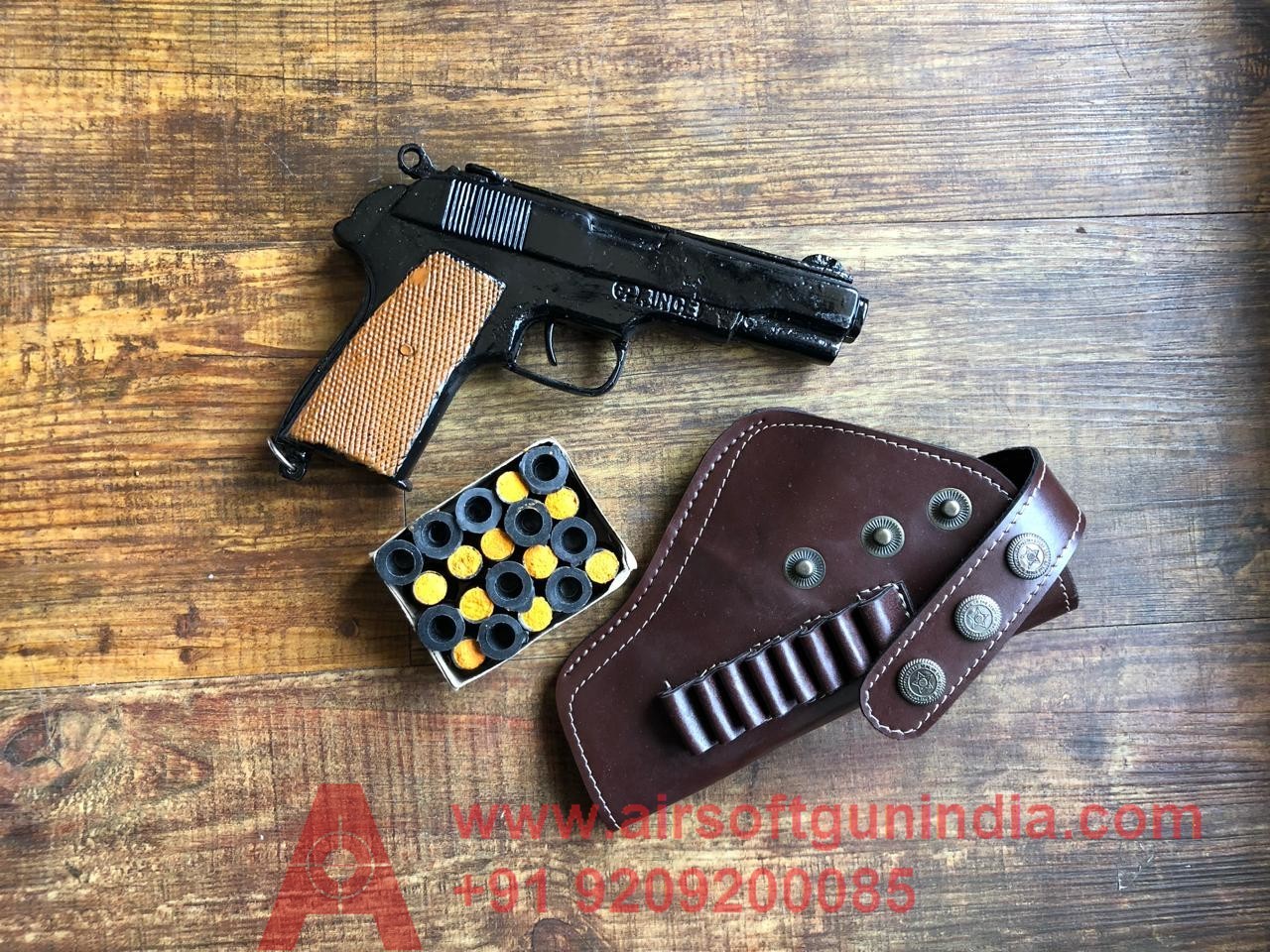
- HOW TO DESCRIBE THE SOUND OF A GUNSHOT HOW TO
- HOW TO DESCRIBE THE SOUND OF A GUNSHOT FULL
- HOW TO DESCRIBE THE SOUND OF A GUNSHOT FREE
Layering organic sounds also adds character and gives you a tone no one else has. It makes them sound more interesting, fatter, and punchy. Adding a unique sounding percussive recording to dull or average samples makes a huge difference.

HOW TO DESCRIBE THE SOUND OF A GUNSHOT FULL
They make a song sound more full while also filling the gaps between beats.

These sounds are often played at low volume levels.
HOW TO DESCRIBE THE SOUND OF A GUNSHOT HOW TO
How to use Field Recordings and Foley in Your Mix The best way to know what works is to experiment! You’ll often discover new and exciting sounds that you would have never thought to use. With the advent of DAW’s and numerous plugins available, any sound can be used to create something new. What should you record? The answer is anything that makes a sound.
HOW TO DESCRIBE THE SOUND OF A GUNSHOT FREE
For example, Cymatics compiled an Ultimate List of Free Foley Sound Effects. Many downloadable sample packs also include field recordings and foley loops. You can also find countless recordings online to download.

Record field recordings and foley using anything from your smartphone to a high-quality recorder such as a Zoom H6. How to Capture Field Recordings and Foley He also uses a bird recording and real-world sounds as percussion. It also adds background ambiance and gives the song an extra layer of interest. He uses a field recording of vinyl with crackles and pops to add texture. They also help you envision enjoying the song on a beach.Ĭheck out this song from ICON Collective Alumni SoPhilthy. Hearing the waves in the background fills out the mix. For example, layering ocean waves in a tropical house track that has a summer vibe. These types of experimental processes and interaction with objects often yield exciting results.įurthermore, adding real-world sounds to your mix evokes emotion and adds authentic qualities. For example, what does it sound like when you pour water over a glass on fire? Would layering this captured material with a snare add character and make it punchy? You could also use the sound of a hammer hitting wood as a percussive layer. They also provide an organic palette of interesting source material that can inspire new rhythmic or sonic ideas.Ĭollecting field recordings and foley also gives you a diverse library of sounds no one else has. Using realistic sounds in your mix adds dimension, character, and creates a compelling sound. How can Field Recordings and Foley Improve Your Mix?Īdding field recordings and foley to a project is a trending technique in modern music production. The term is named after Jack Foley, an innovative Sound Editor at Universal Studios in the 1920s. Foley also adds realistic sounds and textures to your music. For example, footsteps, clothes rustling, doors opening, glass breaking, etc. Foley sound effects are added to films, television, video games, music projects, and other media in post-production to enhance audio quality. What is Foley?įoley is the reproduction of real-world sound effects. Everything makes a sound! Moreover, field recordings are one of the most creative ways to design unique sounds and textures for your projects. For example, sounds of water, wind, birds, noisy crowds, traffic, machines, dropping a cup, etc. The recorded material can be both natural and human-produced sounds.

What are field recordings? And, what is foley? Learn how to transform recorded audio of everyday sounds into unique samples for your music projects.įield recordings are recordings captured outside the studio.


 0 kommentar(er)
0 kommentar(er)
